MAKE A SUBMISSION
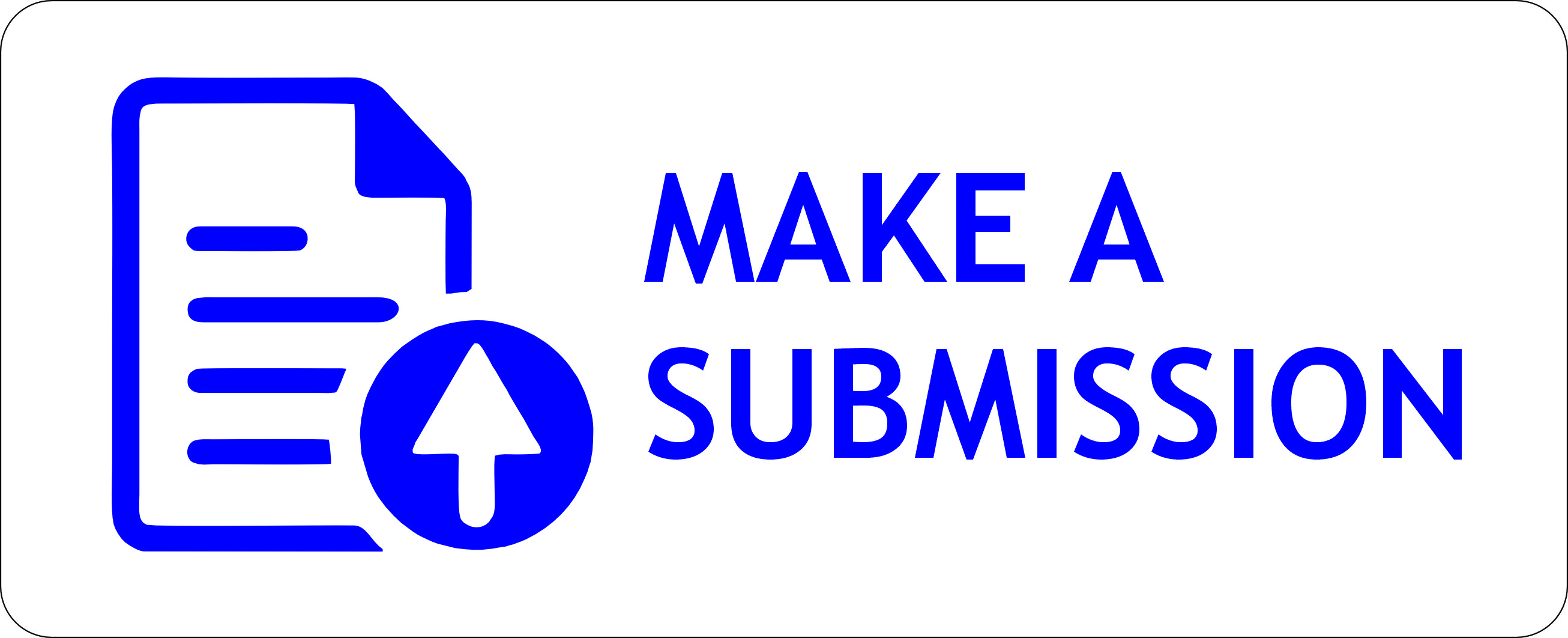
ABOUT
TEMPLATE
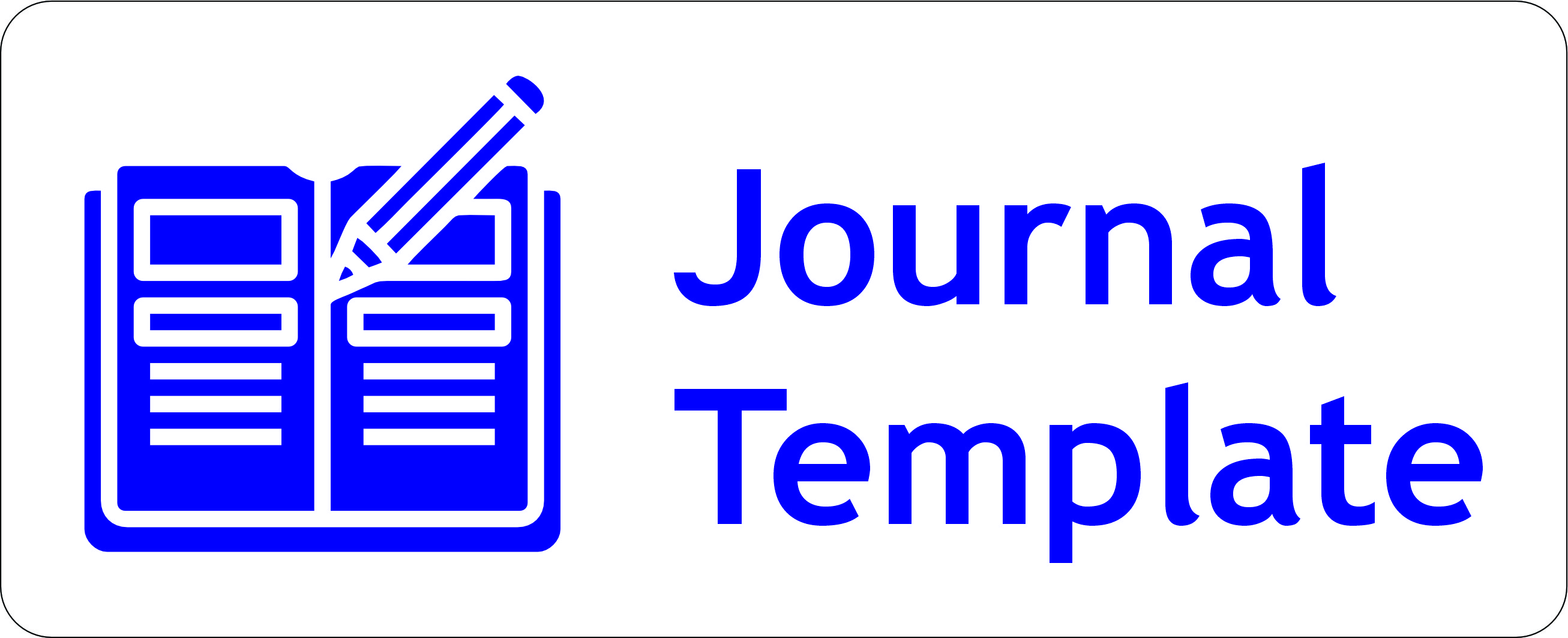
SUPPORTING TOOLS


PUBLISHER
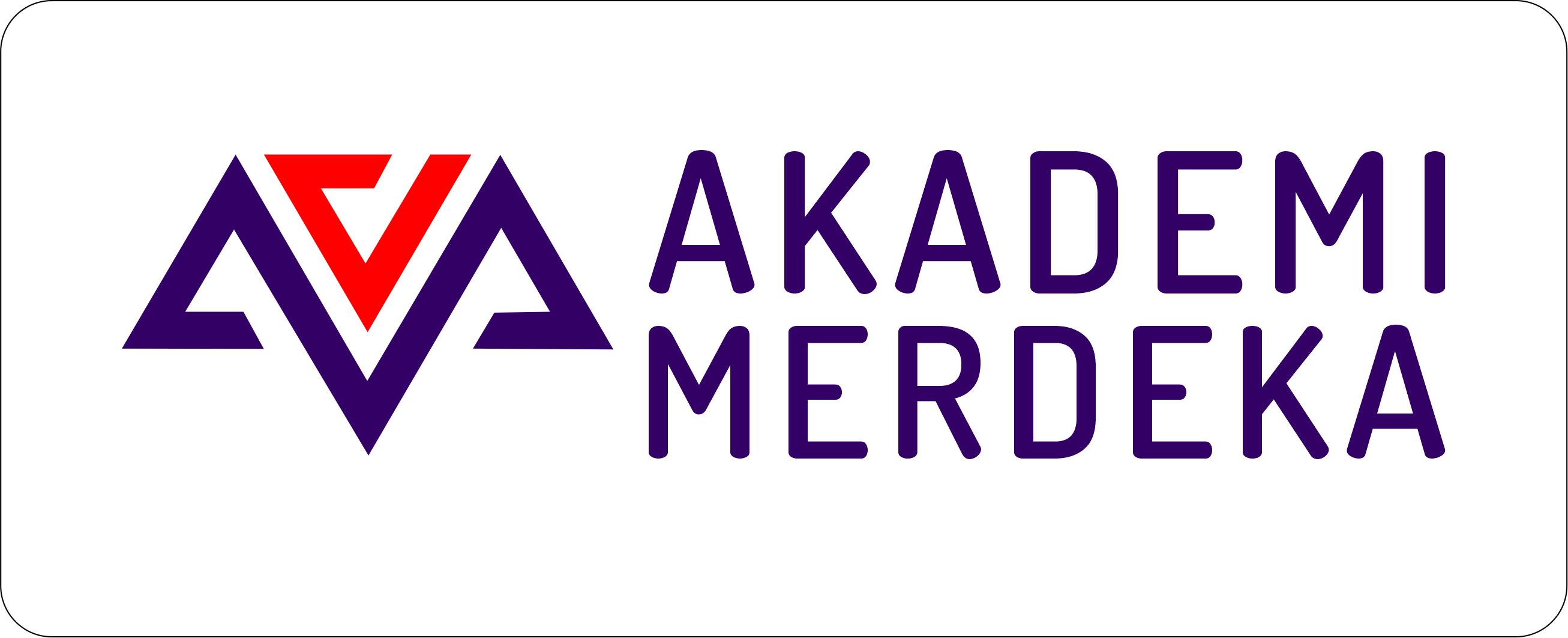
MEMBER OF

IN COLLABORATION WITH
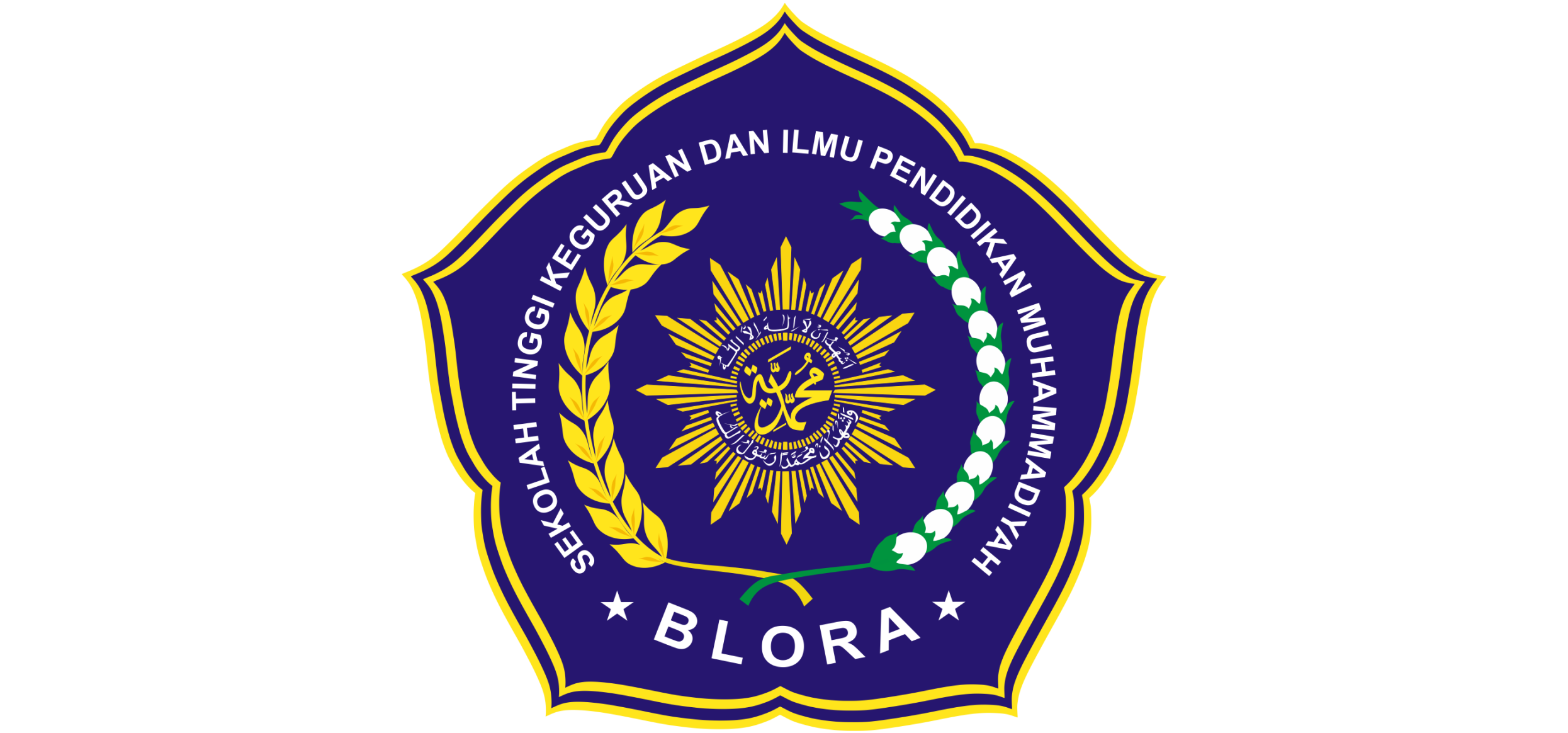
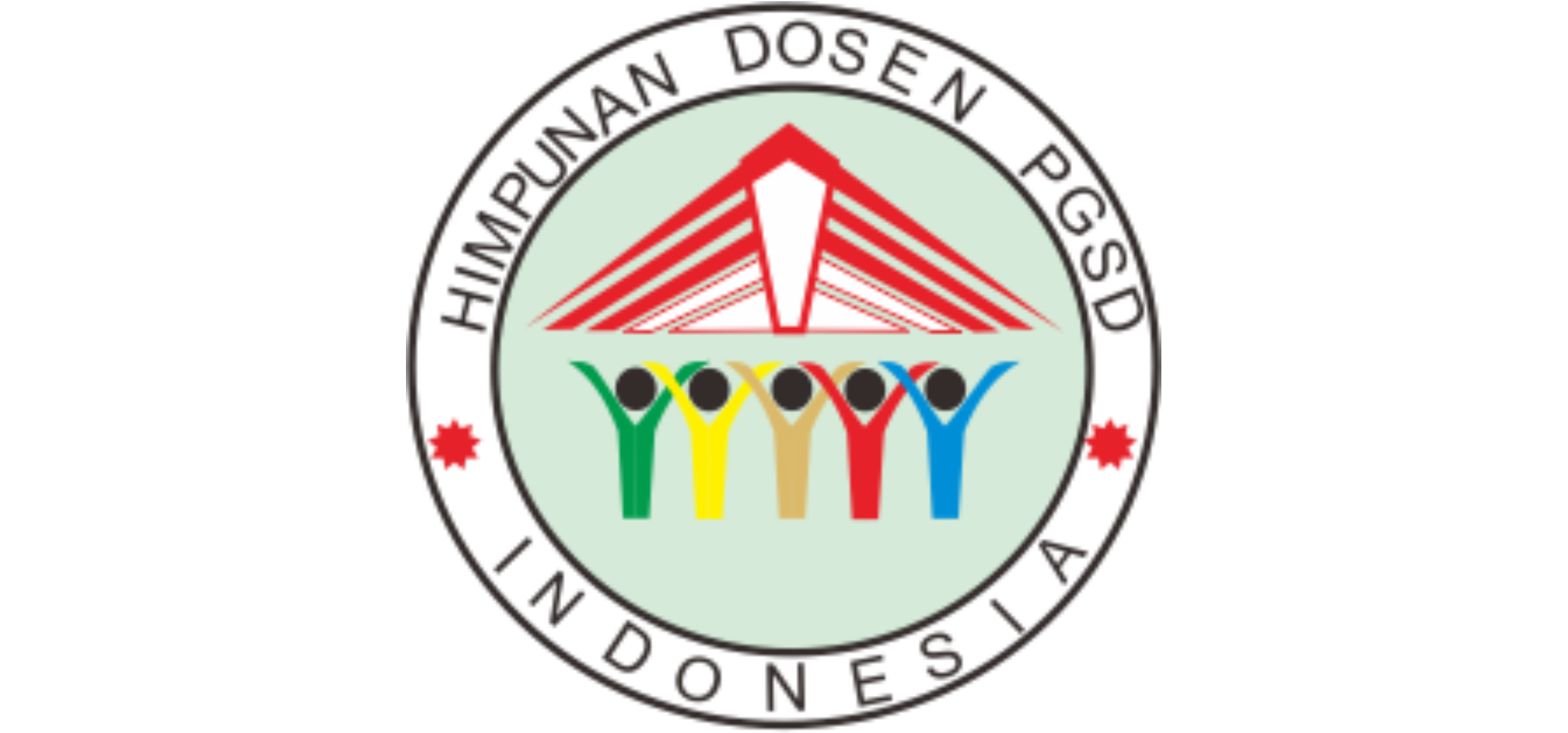
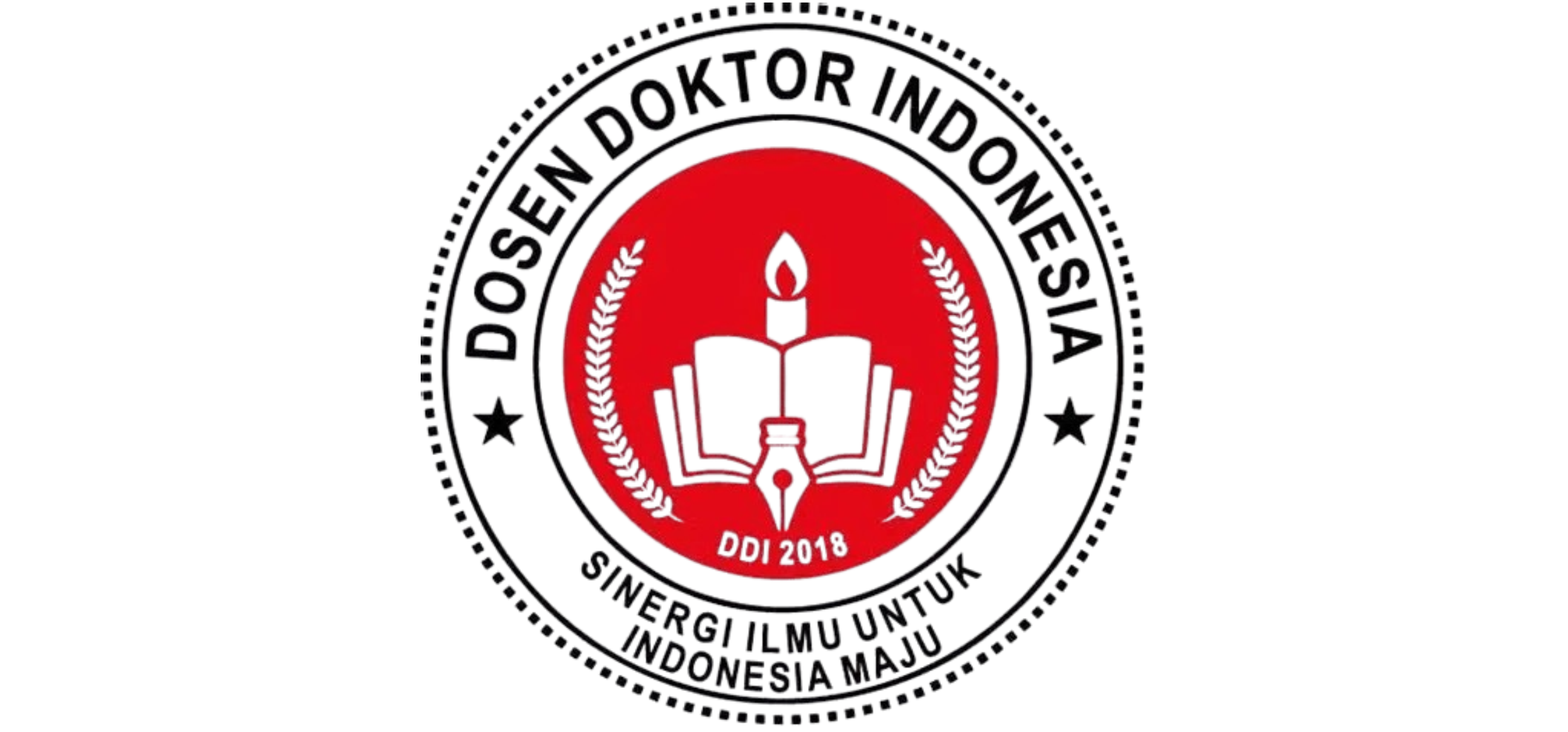
INFORMATION
FLAG COUNTER
STATCOUNTER
CITATION METRICS
General Principles
JEES is committed to adhering to the publication ethics policy and core practices of COPE (Committee on Publication Ethics). All participants in the publication process, including authors, reviewers, editors, and journal managers, are required to maintain scientific integrity, honesty, and transparency.
Authors: Authors must submit original material that has not been previously published and is not under consideration for publication in another journal. If the research involves living subjects (human or animal, including vulnerable populations) or hazardous materials, authors must provide supporting documentation, including informed consent and ethics committee approval, in accordance with relevant laws, regulations, and standards. Authors must explicitly disclose any conflicts of interest, whether direct or indirect. Authors are required to collaborate with editors by swiftly addressing requests or revisions. The editor or reviewers may request data, codes, or other items utilized in the research. Only those who significantly contributed to the manuscript's writing, authorized the final version, and are prepared to assume responsibility for its content should be designated as authors. Contributions from individuals who do not satisfy the author criteria should be included in the acknowledgments section. All corresponding writers' email addresses must be submitted with the manuscript to avert ghost authoring and honorary authorship. In some instances, the addition, deletion, or reordering of author names may only occur at the revision stage, contingent upon explicit justification, consensus among all authors, and editorial approval. Modifications to the author list are prohibited once the article has been accepted. All utilization of the works, words, ideas, or discoveries of others must be appropriately credited and recognized. Authors must secure legal authorization from the copyright holder if the research includes copyrighted material, such as images, tables, or text. The editors presume that all requisite rights have been secured prior to manuscript submission and cannot be held accountable if the claim is proven untrue.
Reviewers: are invited to assist the editor in making editorial decisions. Invited reviewers should immediately notify the editor if they believe they are unqualified to evaluate a manuscript or if a potential conflict of interest arises. Upon accepting the invitation, reviewers must maintain the confidentiality of all study materials and refrain from disclosing them to third parties. Reviewers are required to deliver objective, constructive, clear, and prompt input.
Editors: Editors are responsible for communicating with reviewers for professional critiques, meticulously overseeing the anonymous peer review process, safeguarding the manuscript's confidentiality, addressing potential unethical conduct, and rendering unbiased publication decisions based on the submission's relevance, originality, significance, and quality, irrespective of the authors' ethnicity, gender, or religion. Editors also verify that published publications adhere to research ethics standards. Manuscripts submitted by one editor must be managed by a different editor devoid of any conflict of interest.
Publisher: JEES is responsible for providing the necessary infrastructure and online tools for enabling sustainable publishing activities, ensuring the permanent accessibility of article content, and promoting its diffusion. JEES urges writers, editors, and reviewers to comply with norms for equity, confidentiality, impartiality, integrity, mutual respect, and punctuality.
Plagiarism and Academic Misconduct
JEES enforces an intense zero tolerance policy on academic misconduct, including plagiarism, self-plagiarism, simultaneous submission, double publication, salami slicing, data fabrication, data falsification, copyright infringement, citation manipulation, and ghost or gift authoring. All submitted manuscripts undergo initial scrutiny with a plagiarism detection technology (such as Turnitin), which checks the text against millions of published articles, web pages, and other documents. Furthermore, editors are urged to scrutinize each change for possible plagiarism. In instances of alleged ethical infractions, even if identified years post-publication, the journal management and editorial team will collaborate to elucidate the matter and implement appropriate measures.
Corrections and Retractions
Errors or inaccuracies discovered after publication should be corrected through an erratum or corrigendum. If the errors or inaccuracies are sufficiently grave to undermine the foundation of the research, or if academic misconduct is substantiated, the paper will be retracted in accordance with COPE's retraction guidelines.
Complaints and Appeals
Anyone dissatisfied with the quality of the publication process or the content of an issue may submit a thorough account of the matter to jurnaljees@gmail.com. All complaints will be thoroughly investigated, in accordance with the procedures for complaints and appeals.
Other Issues
Issues not explicitly described on this page will be managed in accordance with the pertinent COPE guidelines and flowcharts. If you have any additional questions or issues, please reach out to the team at jurnaljees@gmail.com.
| # | Country | Visitors |
|---|---|---|
| 1 |
United States
|
419 |
| 2 |
United Kingdom
|
264 |
| 3 |
Indonesia
|
202 |
| 4 |
Singapore
|
191 |
| 5 |
France
|
104 |
| 6 |
Canada
|
82 |
| 7 |
China
|
36 |
| 8 |
Vietnam
|
18 |
| 9 |
India
|
15 |
| 10 |
Unknown
|
14 |
| 11 |
Japan
|
12 |
| 12 |
Brazil
|
12 |
| 13 |
Germany
|
12 |
| 14 |
Hong Kong
|
11 |
| 15 |
South Korea
|
9 |
| 16 |
Russia
|
9 |
| 17 |
Australia
|
8 |
| 18 |
Spain
|
7 |
| 19 |
Mexico
|
7 |
| 20 |
Philippines
|
6 |
| 21 |
Poland
|
6 |
| 22 |
Argentina
|
5 |
| 23 |
Iraq
|
5 |
| 24 |
The Netherlands
|
4 |
| 25 |
Ukraine
|
4 |
| 26 |
Ecuador
|
4 |
| 27 |
Turkey
|
4 |
| 28 |
Italy
|
3 |
| 29 |
Greece
|
3 |
| 30 |
Sweden
|
3 |
| 31 |
Finland
|
3 |
| 32 |
Türkiye
|
3 |
| 33 |
South Africa
|
3 |
| 34 |
Taiwan
|
3 |
| 35 |
Morocco
|
2 |
| 36 |
Ireland
|
2 |
| 37 |
Norway
|
2 |
| 38 |
Malaysia
|
2 |
| 39 |
Nepal
|
2 |
| 40 |
Uzbekistan
|
2 |
| 41 |
Peru
|
1 |
| 42 |
Portugal
|
1 |
| 43 |
Sudan
|
1 |
| 44 |
Tunisia
|
1 |
| 45 |
Bolivia
|
1 |
| 46 |
Chile
|
1 |
| 47 |
Kazakhstan
|
1 |
| 48 |
Paraguay
|
1 |
| 49 |
Kenya
|
1 |
| 50 |
Latvia
|
1 |
| 51 |
Pakistan
|
1 |
| 52 |
Qatar
|
1 |
| 53 |
Uruguay
|
1 |
| 54 |
Bangladesh
|
1 |
| 55 |
Czechia
|
1 |
| 56 |
Hungary
|
1 |
| 57 |
Cambodia
|
1 |
| 58 |
Libya
|
1 |
| 59 |
Netherlands
|
1 |
| 60 |
New Zealand
|
1 |
| 61 |
São Tomé and Príncipe
|
1 |
| 62 |
Belgium
|
1 |
| 63 |
Congo Republic
|
1 |
JEES: Journal of Education and Educational Sciences
Published by CV. Akademi Merdeka
(eISSN: 3089-1329)
Copyright © 2026 JEES Journal, All rights reserved.
This is an open-access article licensed and distributed under the terms of the Creative Commons Attribution-ShareAlike 4.0 International
![]()
This work is licensed under a Creative Commons Attribution-ShareAlike 4.0 International
